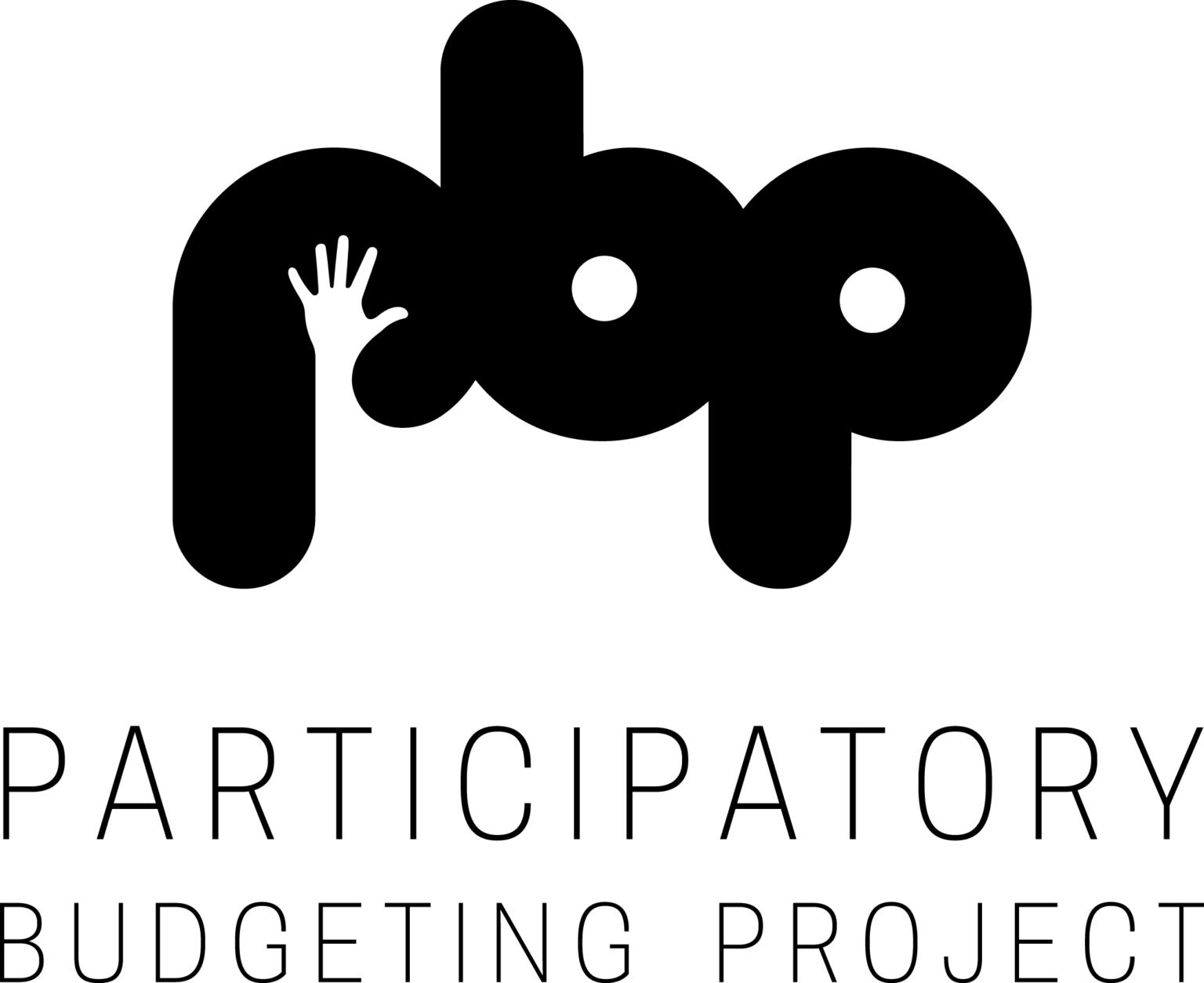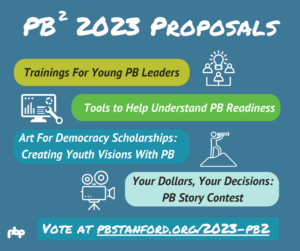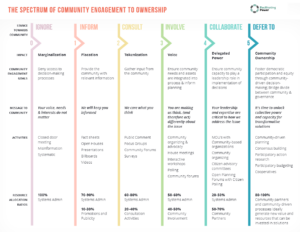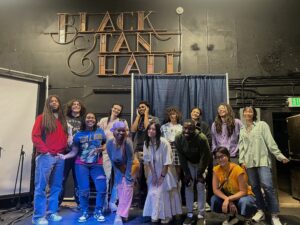The National Science Foundation (NSF) is the holy grail of research funding for social science graduate students and professors in the United States–and they support research on PB! PB researcher Carolina Johnson, a doctoral candidate studying political science at the University of Washington, has secured NSF funding for her innovative dissertation research on PB, and has shared her insights with us!
When I decided to apply to PhD programs back in 2008, participatory budgeting was an emerging trend in England, where I lived, as part of a broader effort to create more engaged communities and change the democratic quality of local government. Back then, I was curious about whether such procedural changes could lead to meaningful changes in local political cultures.
I was surprised to find that there was only limited empirical evaluation of the impact of participatory governance reforms (like PB) in established democracies like the US and UK. I was even more surprised to learn that such research was marginalized within political science, amid expectations that innovations like PB couldn’t be expected to impact or improve the quality of “politics as usual.” It seemed to me that rather than assume PB couldn’t have an impact, political scientists should be directly investigating whether reforms like PB could matter. Where better to learn about the rules of the political game and about how people understand and practice politics?
Having persuaded my advisors that these questions are worth asking, I’ve spent the past three years at the University of Washington seeking answers to two central questions: first, how does participatory budgeting work in contexts with well-established democratic institutions (and well-established democratic cynicism)? And second, what kind of impact PB can have on democratic practices and political culture in these communities?
The first of these questions led me to fieldwork in Vallejo, New York, London and Edinburgh, which consisted of hours spent observing PB processes and interviewing participants, organizers, and city employees. In the process I have learned that there are different ways that PB fits into existing democratic institutions. Furthermore, the design of the process matters for the experiences of both members of the public and government officials. Finally, it was clear that something important for democracy and local communities may be going on in and around PB.
The National Science Foundation (NSF) agreed. In the summer of 2014, I was awarded an NSF grant to fund the next phase of my research, focused on the second of my two research questions: what is the impact of PB on the democratic life of communities where it is implemented?
As many people reading this blog will appreciate, evaluating impact is challenging, especially when you are interested in impact on something as nebulous as “the quality of democracy.” In my research, I have had to think creatively about how to identify changes in political life or political culture as a result of PB. My current work adds to existing work on PB by taking a broader, community view moving away from the more common focus on the impact of PB on individual participants.
Trying to measure community-level impacts is especially hard with respect to recent interventions like PB. No area in the US has had more than one local election since implementing PB, leaving us with limited data from which to identify any contrasting trends. So, I designed a two-pronged strategy for collecting data on the political life and culture of communities with and without PB, focusing on civil society activity and political discourse .
First, I decided to survey 2000 community organizations in both the communities that have implemented PB and similar communities that have not. Within each of these communities, I am sending surveys to a random sample of organizations, including not only those that were directly involved in PB but a more representative sample of civil society and nonprofit groups. In interviews and informal conversation, people from community organizations often report that PB enables new collaboration and more cooperation. The story is compelling, and these reported experiences are real, but are they unique to communities with PB? Or, do we see equal levels of collaboration in other comparable communities?
Second, I am looking for evidence of community-level effects through an examination of local media in PB and non-PB communities. One of the most ambitious hopes of PB advocates is that it can be part of a broader transformation of the political culture in a community. That is, the attitudes that people have towards government, or their self-perceptions of how they (as individuals or as a community) can effect positive or creative change. However, describing cultural change is an ongoing challenge for social scientists, since it is not well captured through methods like surveys or extended fieldwork in the community.
As an alternative, I am conducting an analysis of political reporting, opinion pieces and letters to the editor in local newspapers, before and after the implementation of PB. With the help of a hard-working group of three undergraduate research assistants from the University of Washington (thanks Katelyn, Michael, and Lauren!) I am identifying “Mobilizing”, “Demobilizing”, or (more rarely) “Neutral” political reporting. Then, I am using computer software (the ReadMe package for R) to analyse the change in media reporting over time.
I’m starting this analysis with a comparison of local papers in two cities in California: Vallejo (where PB was implemented in 2011 after bankruptcy) and Stockton (where it has not been implemented), covering all articles published since the start of 2008. The exciting thing about this method is that it can be replicated in any other communities that have definable local media outlets.
Between the representative survey of organizations and this new approach to media analysis, I hope to reach a broader understanding of what (if any!) impact PB has had on the political culture in communities where it has been implemented. It is clear that PB can have a transformative impact on the individuals who have direct experience with it, but I’m excited to be investigating the impacts it might be having on the whole community!
Anyone interested in finding out more can email me at csjohns@uw.edu – I’m happy to provide more details on the development of either project.






